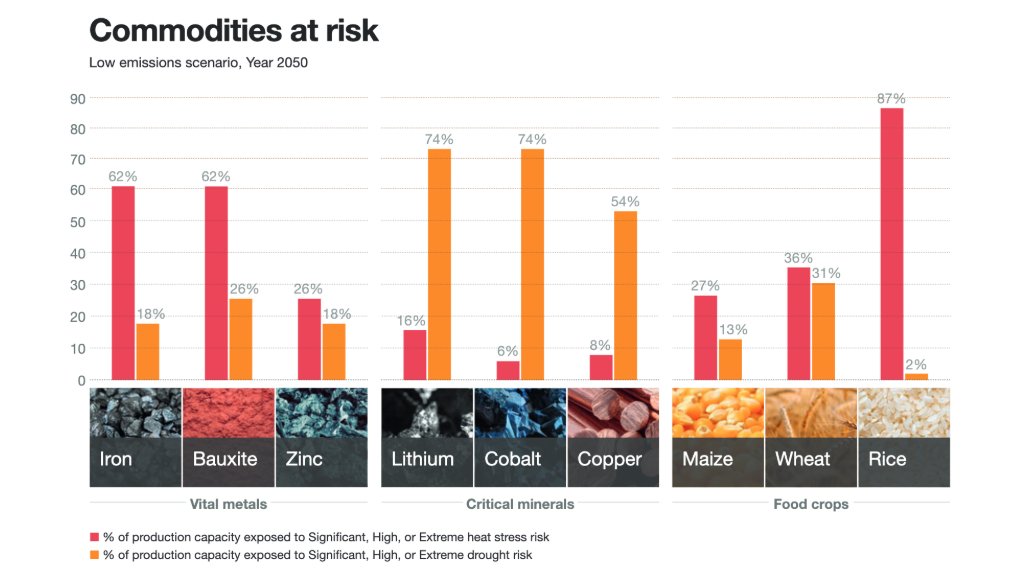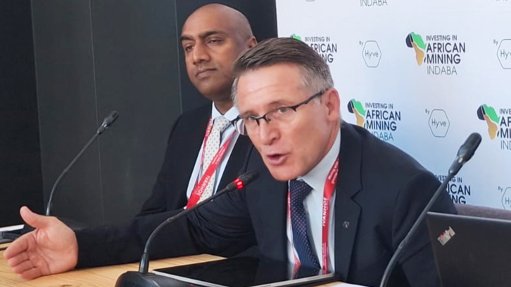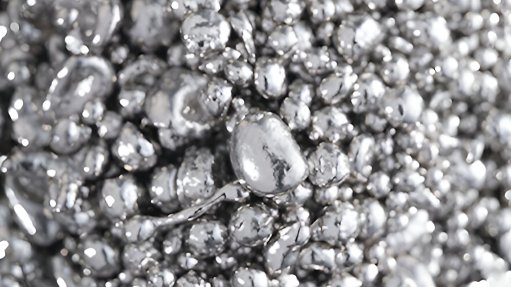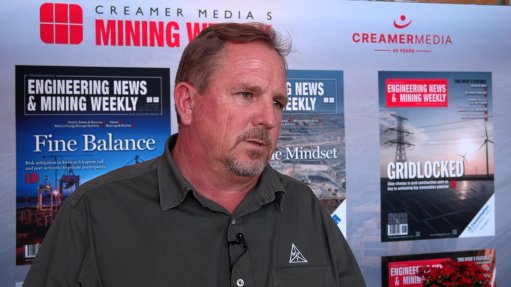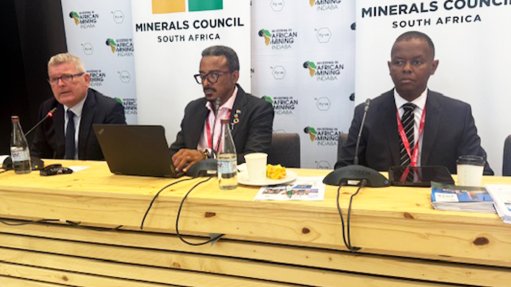Critical minerals, food crops at risk of climate disruption by 2050, report shows
More than 70% of critical minerals needed for the transition to net zero emissions will be at risk from climate disruption by 2050, professional services firm PwC says.
The firm's latest report, titled ‘Climate Risks to Nine Key Commodities Report’, shows that the production of copper, cobalt and lithium minerals crucial for the clean energy transition could face significant or higher drought risk by 2050 under a high-emissions scenario. Currently, these critical minerals are only at a 10% risk.
The report also showed that food crops face significant risk. Under a high-emissions scenario, 90% of the world’s rice production could face significant heat stress by 2050, and more than 30% of maize and 50% of wheat could face significant drought risk by 2050. Taken together, these three crops account for 42% of the calories people eat.
Currently, more than 75% of rice is grown in conditions of significant or greater heat risk, showing that it is not just the level of risk that matters, but also how well producers are prepared to adapt.
Currently, about 1% of maize and wheat face significant drought risk.
On the upside, PwC says CEOs seem to be increasingly taking proactive measures, with 47% focused on protecting their workforces and physical assets from climate risk.
The firm adds, however, that CEOs need to accelerate their action plans to safeguard the production of commodities critical to the global population and economy as heat stress and drought risk rise globally.
The report, which analysed nine commodities across critical minerals, key crops and vital metals, such as zinc, iron and aluminium, found that, although reducing emissions would decrease heat and drought risks, these key commodities would still face significant stress, even under a low-emissions scenario modelled by PwC.
According to the analysis, even if global carbon emissions rapidly decrease, many important commodities will be at risk by 2050.
“Even if global carbon emissions rapidly decrease, climate disruption poses a serious and growing threat to the world’s ability to produce essential commodities, including food, as well as materials that are themselves essential to the net-zero transition.
"While CEOs are taking action to both cut emissions and adapt to climate change, more needs to be done. Businesses need to understand their dependencies and impacts, then work with governments and communities to transform their consumption and production patterns. This is crucial not only for the ongoing success of individual businesses, but also for the overall health and prosperity of the global population,” PwC UK global climate leader Emma Cox says.
The PwC research found that vital metals also faced increasing amounts of risk. In particular, more than 60% of the world’s bauxite and iron production may face significant or greater heat stress risk by 2050, even in a low-emissions scenario, up from 30% to 50% currently.
In a high-emissions scenario in 2050, 40% of the world’s zinc production may face significant or greater drought risk, up from zero significant drought risk currently. These materials are widely used in manufacturing, transport and infrastructure.
PwC believes more needs to be done if the global economy is to adapt to climate risk. This means enhancing resilience by identifying and managing risks throughout the supply chain, and capitalising on the opportunities to deliver products, services or business models.
Production of all nine critical commodities is also concentrated in a limited number of countries, many of which face increasing climate risks. For each resource, at least 40% and as much as 85% of its global supply is produced from a distinct set of no more than three countries.
PwC says it is important for stakeholders to join forces, from corporations to governments to communities, to shape collaborative outcomes and enhance adaptation at a policy and systemic level.
“Many locations that produce essential commodities are likely to experience more frequent spells of intense drought and heat stress by 2050, even in an optimistic low-emissions scenario. To avoid economic losses and protect communities and ecosystems, producers, and the broader business community, should understand the impact of climate disruption on production and engage in multistakeholder efforts to adapt. This will also strengthen efforts to more rapidly transition to a net-zero economy,” PwC UK global sustainability leader Will Jackson-Moore comments.
Article Enquiry
Email Article
Save Article
Feedback
To advertise email advertising@creamermedia.co.za or click here
Press Office
Announcements
What's On
Subscribe to improve your user experience...
Option 1 (equivalent of R125 a month):
Receive a weekly copy of Creamer Media's Engineering News & Mining Weekly magazine
(print copy for those in South Africa and e-magazine for those outside of South Africa)
Receive daily email newsletters
Access to full search results
Access archive of magazine back copies
Access to Projects in Progress
Access to ONE Research Report of your choice in PDF format
Option 2 (equivalent of R375 a month):
All benefits from Option 1
PLUS
Access to Creamer Media's Research Channel Africa for ALL Research Reports, in PDF format, on various industrial and mining sectors
including Electricity; Water; Energy Transition; Hydrogen; Roads, Rail and Ports; Coal; Gold; Platinum; Battery Metals; etc.
Already a subscriber?
Forgotten your password?
Receive weekly copy of Creamer Media's Engineering News & Mining Weekly magazine (print copy for those in South Africa and e-magazine for those outside of South Africa)
➕
Recieve daily email newsletters
➕
Access to full search results
➕
Access archive of magazine back copies
➕
Access to Projects in Progress
➕
Access to ONE Research Report of your choice in PDF format
RESEARCH CHANNEL AFRICA
R4500 (equivalent of R375 a month)
SUBSCRIBEAll benefits from Option 1
➕
Access to Creamer Media's Research Channel Africa for ALL Research Reports on various industrial and mining sectors, in PDF format, including on:
Electricity
➕
Water
➕
Energy Transition
➕
Hydrogen
➕
Roads, Rail and Ports
➕
Coal
➕
Gold
➕
Platinum
➕
Battery Metals
➕
etc.
Receive all benefits from Option 1 or Option 2 delivered to numerous people at your company
➕
Multiple User names and Passwords for simultaneous log-ins
➕
Intranet integration access to all in your organisation



